One of the more puzzling aspects of the fallout from the Department of Justice’s decision not to release its full files on deceased sex offender Jeffrey Epstein is the wedge it drove between President Donald Trump and his media allies on the right. It was as if the laws of political and media physics had been suspended — the conspiracy-loving Trump was suddenly trying to bury a cause that had animated his base, and conservative outlets that had parroted so many of his talking points were refusing to follow his new script.
Then on Thursday night, a bombshell from the Wall Street Journal with new details of Trump’s relationship with Epstein — which Trump denies — that might bring the president’s old allies back to heel.
To reckon with this new dynamic and whether it might portend a lasting impact on Trump’s political fortunes and the future of the MAGA movement, we sat down with POLITICO’s resident Trumpologist Michael Kruse, who has written extensively about Trump’s long and evolving relationship with the media.
1
Michael, looking at the furor over the Jeffrey Epstein case what stands out for you in terms of how media on the right are responding to the president?
It’s “his most important relationship,” as I wrote earlier this year. Trump is nothing if not a creature of the media. He’s a consumer and a creator, and he’s a student and a user — the media a “confidant, foil and tacit (and sometimes not so tacit) partner,” as I put it. It was quite striking watching over the course of the last week and a half no small number of devotees turn on Trump over his administration’s non-release of the Epstein files — and it also was not at all surprising watching the reemergence of a more loyal, pliant and unified front as MAGA seemed to coalesce and come to his defense Thursday night in the wake of the revelations in the reporting from the Wall Street Journal — the return of the balm of the common enemy of the so-called “fake news.” It’s a fast-moving dynamic that was familiar to the point of predictable (right down to his threat to sue Rupert Murdoch that’s part of his larger and ongoing effort to cow the press): Trump and the media — always his lifeblood, and sometimes a lifeline.
2
Trump has made an art of introducing narratives into the media bloodstream. He seems to be struggling to get people to stop talking about Epstein. What’s going on here?
He has and always has had a real instinct for story — not just the ephemera of gossip, which he loves, but big, long-arc, animating sort of superstories, too. One of the most powerful stories in human history is us against them. And it’s been fuel for Trump’s electoral rise and rule — the notion he’s stoked that he’s an avenger for regular people who are the us set against elites and other assorted foes that make up the them. The Epstein story isn’t going away (or at least wasn’t?) because it complicates this superstory. It suggests to the legions who’ve been partial to Trump that actually maybe that’s not right — that actually maybe he’s less one of us and more part of them. In this way the Journal reporting was perhaps not so much a blow as a boon. Once again, the elite media was taking on MAGA’s champion. The response of the base suggests a return to alignment.
3
Can you think of another example of when Trump lost control of the narrative? How did that episode end?
Trump, as everybody knows or should, made a hash of a football league, an airline, a collection of casinos and ultimately his finances — all situations in which he couldn’t totally spin pro-Trump tales. But time and “The Apprentice” got rid of most of the residual reputational stench. And honestly at this point it makes only so much sense to scan for antecedents in his pre-electoral life. Everything post-2015 and ’16 just matters so much more. That said, the best example of when Trump lost control of the narrative in the last 10 years, I’d say, was the onset of the pandemic in 2020. How did it end? He lost.
4
Why do you think some of the “bro” podcasters who embraced him in 2024 have broken with him here? What does that say about our politics and media?
That giving one’s audience what it wants rather than what it needs can lead to audience capture — that the demand for Epstein content, in this case, might overwhelm the interest in anything Trump might say? That maintenance of iconoclastic or anti-establishment cred at this point might mean at times bucking even a president whose posture as an outsider can’t help but ebb the longer he lives (again) in the White House and therefore seems more and more like an insider? And (at the risk of stating the obvious) that Trump is pushing 80 and is first and foremost a reader of periodicals and a watcher of TV — in many ways nimble and willing with new media but in the end much more sympatico with old media? And that managing media relationships and narratives when media now is everything everywhere all the time is really hard? Even for the most powerful person in the world.
5
How do you think it will affect him politically if he loses control over media outlets that he once thought of as allies or useful vessels? What does this say about the state of the MAGA movement?
The state of the MAGA movement (like its leader) is fluid. And so is Trump’s relationship with the media. Since the early 1970s, depending on the stage and the circumstance, Trump has thought of the New York Times and the New York Post, network TV and cable TV, social media he all but owns and social media he literally owns, Howard Stern and Mark Levin and Joe Rogan (and literally dozens of other outlets) as useful vessels if not outright allies. Sometimes he has more control. Sometimes he has less. Sometimes he likes them. Sometimes he doesn’t. Nothing is permanent for Trump. He’s a survivor, as I said to Adam Wren for Thursday’s Playbook, and he’ll say or do whatever is necessary to make it from one moment to the next. He’ll just keep moving. Currents shift but sharks never stop.
.png)

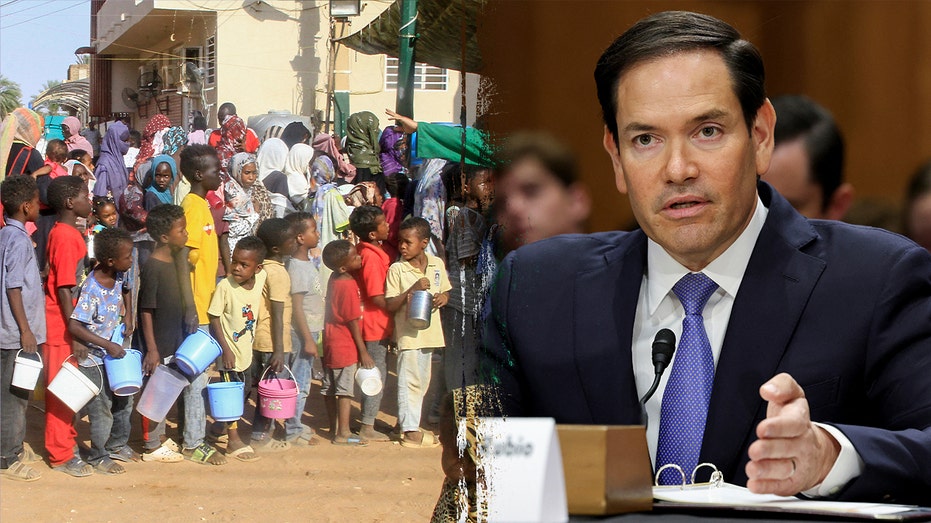
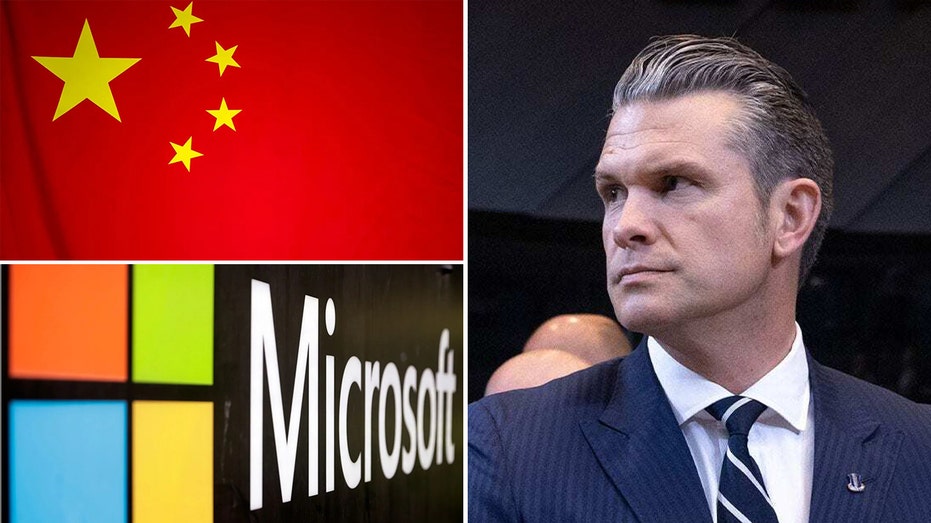




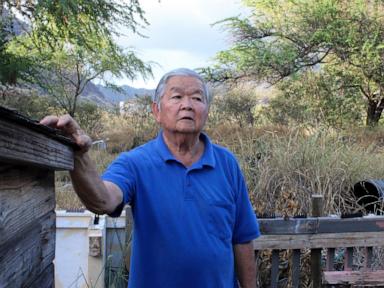
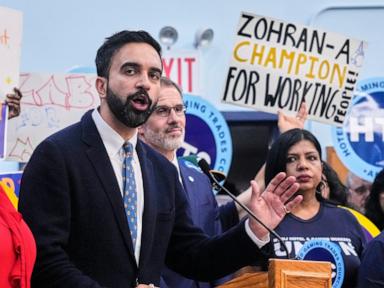





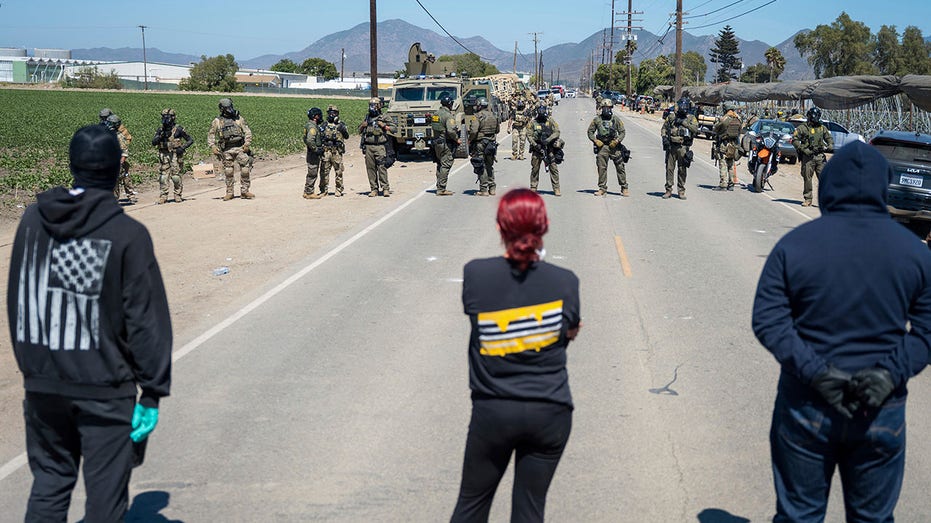
 English (US)
English (US)